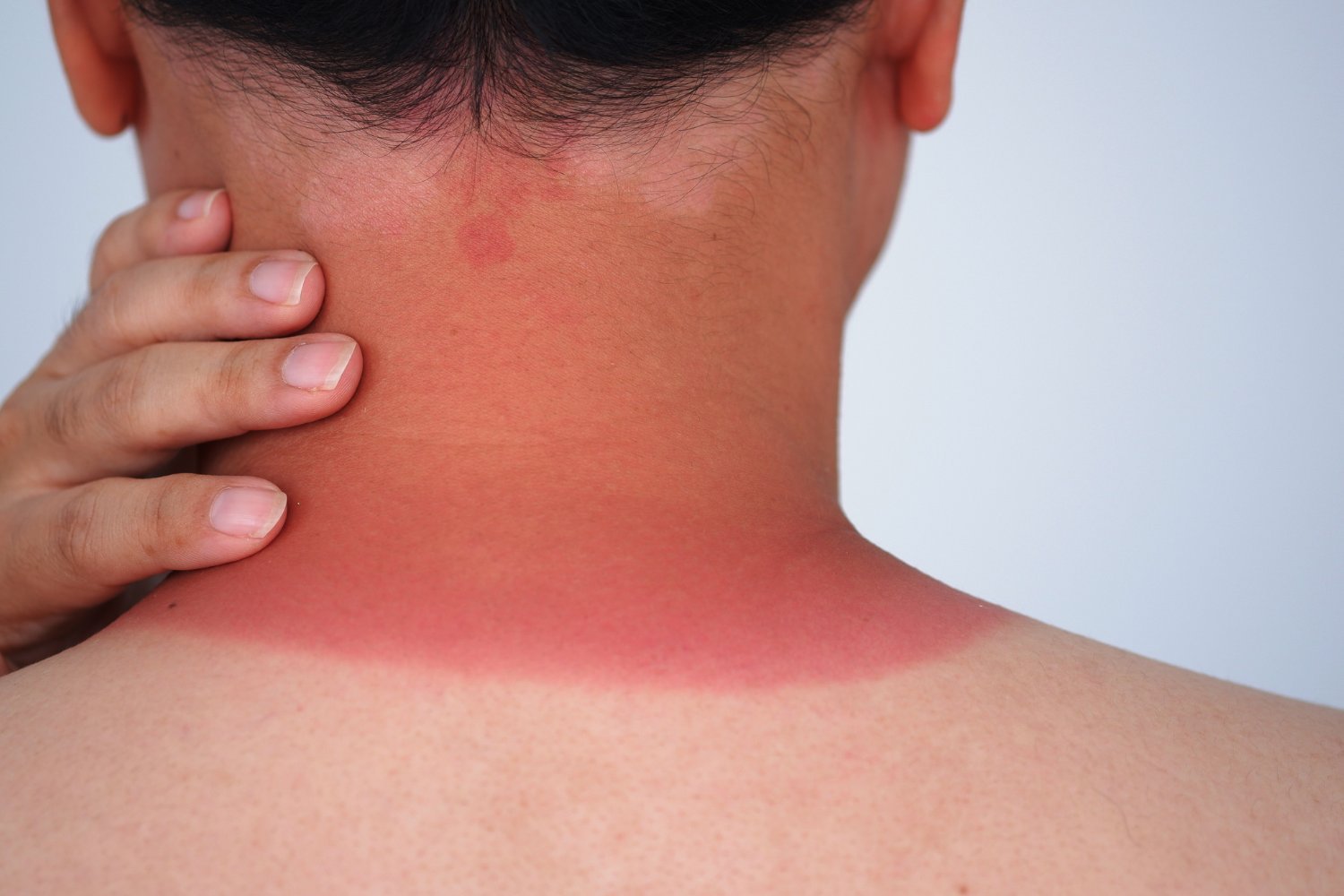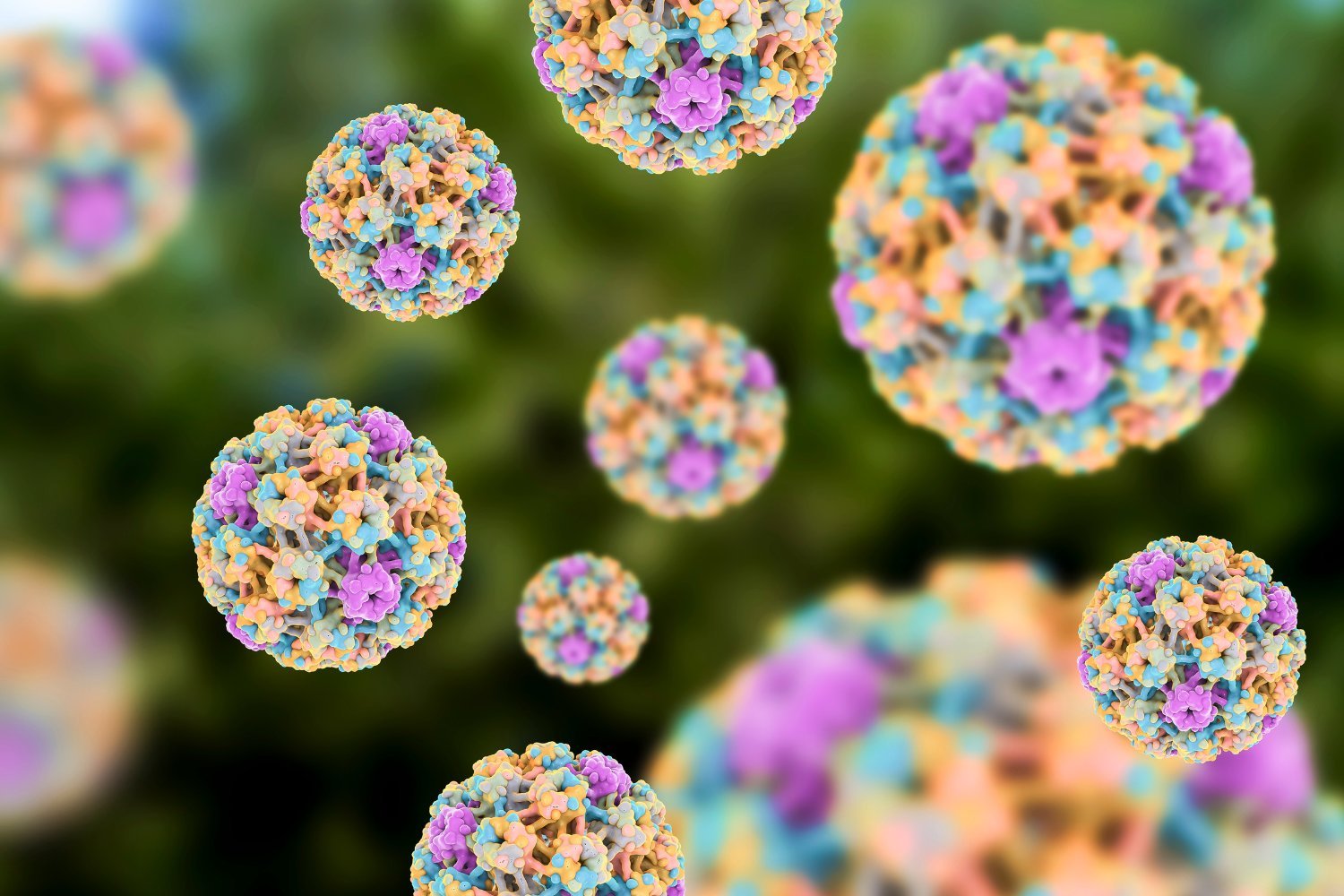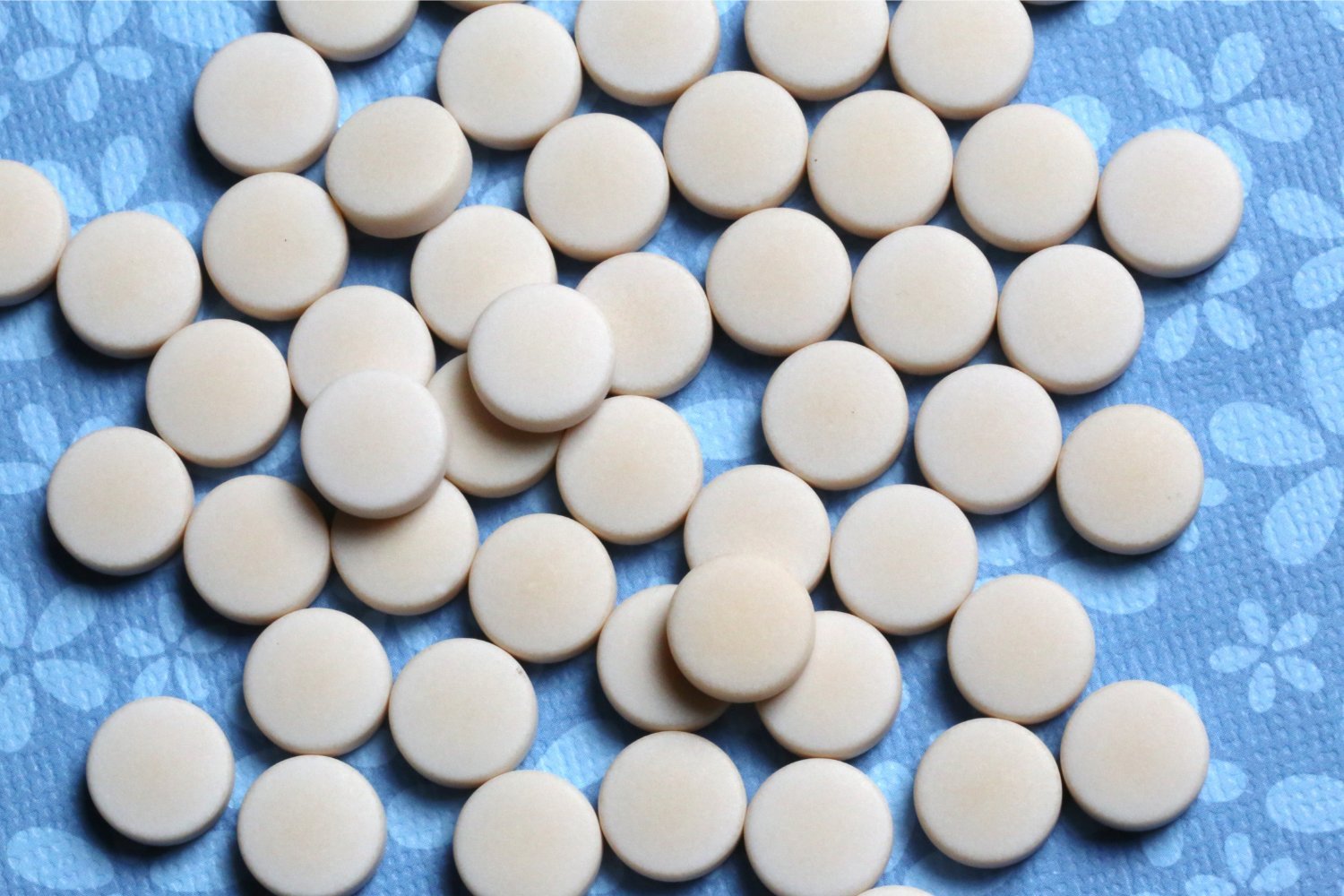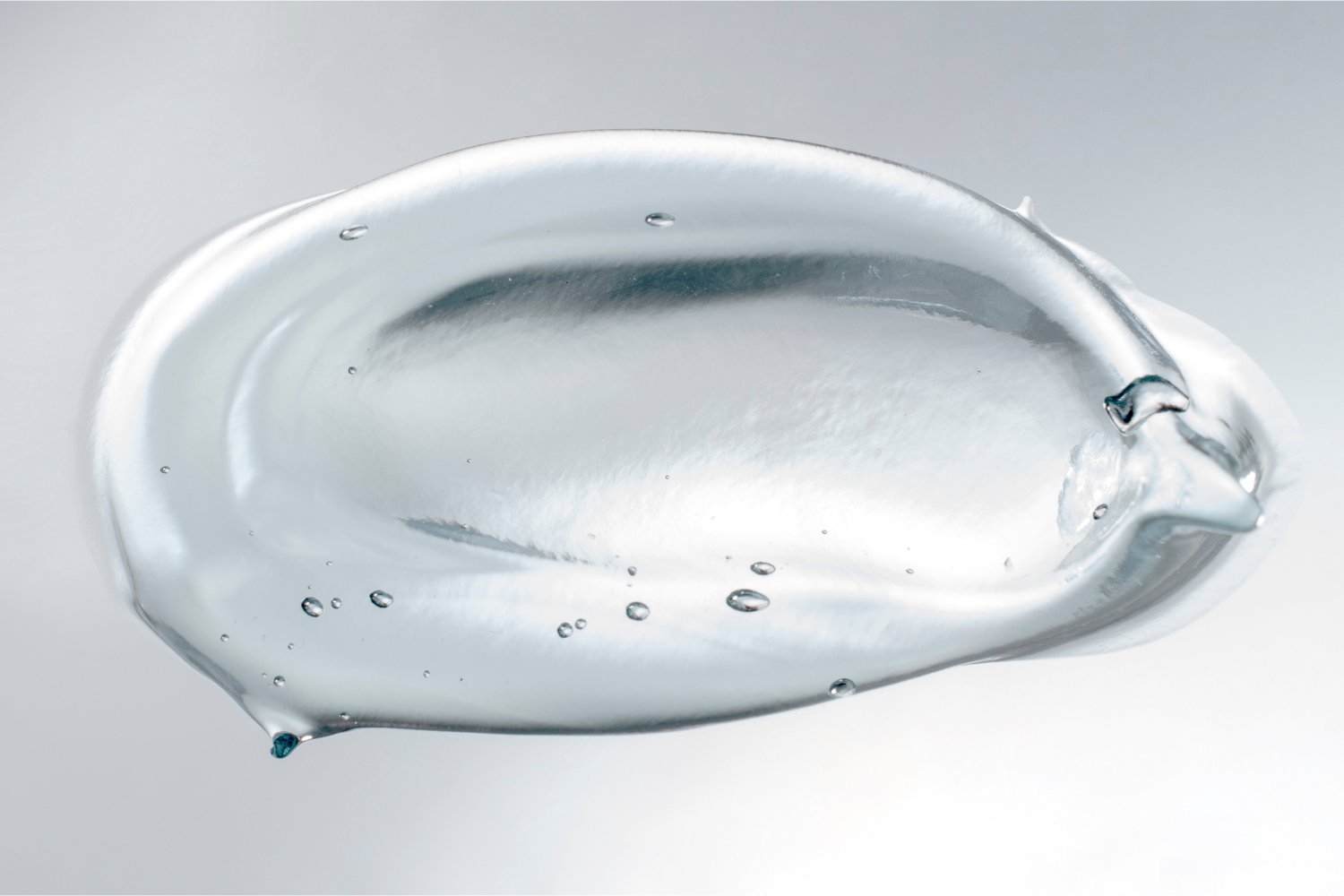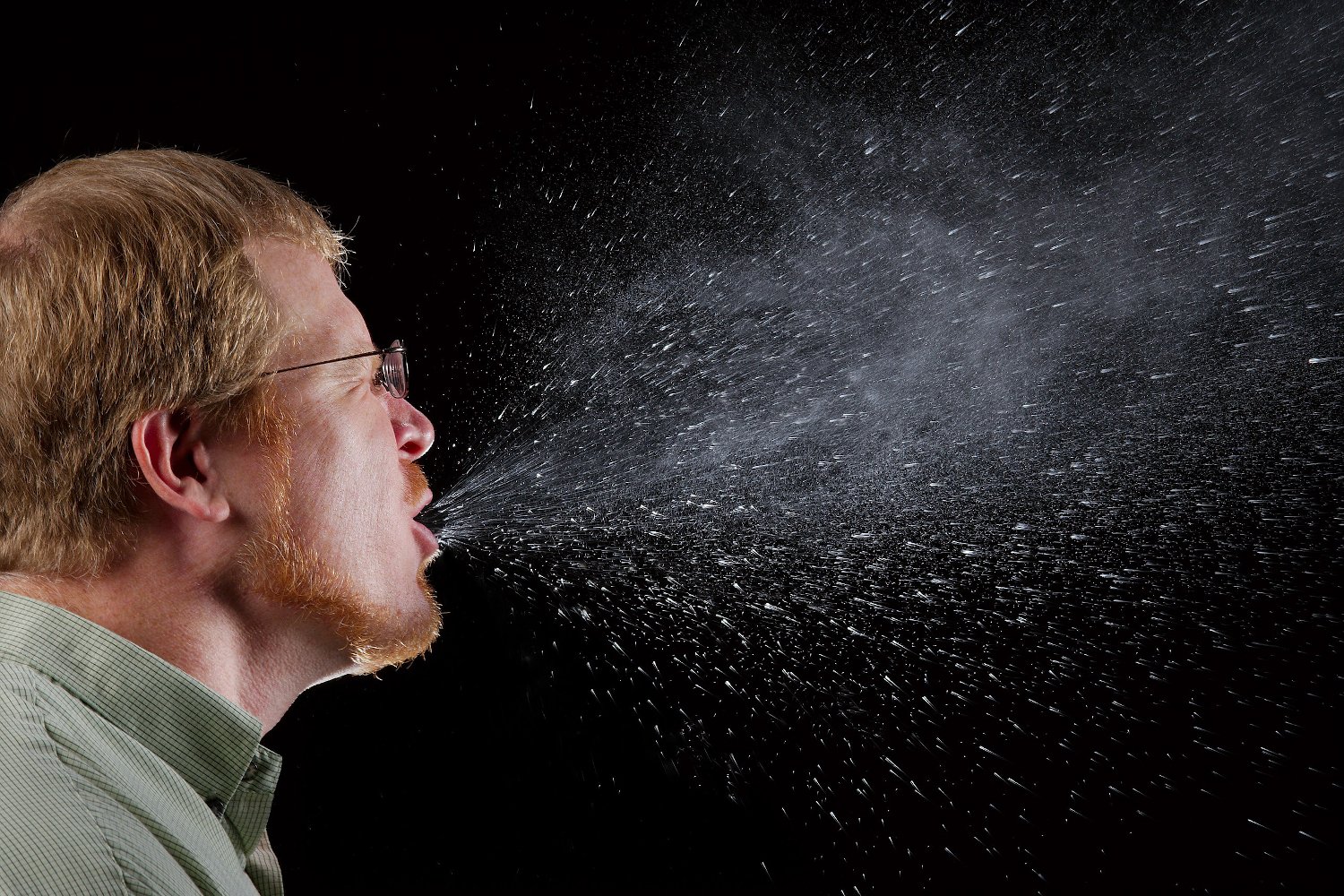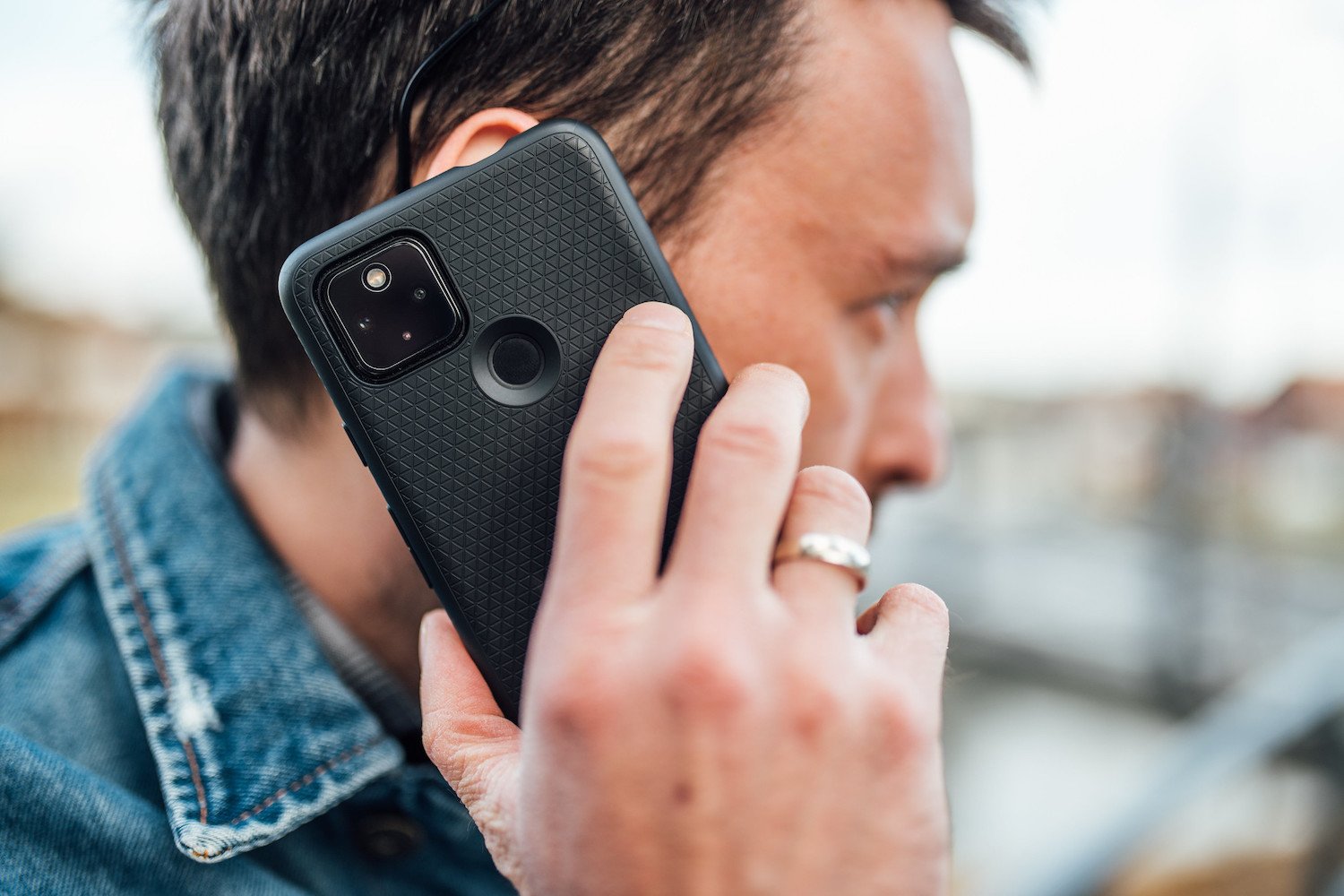Summer might be winding down, but sunny days are still here for many. While enjoying the outdoors is encouraged, it’s crucial to ignore harmful health advice circulating on platforms like TikTok. The latest trend of intentionally sunburning your skin to treat acne is not only ineffective but also dangerous.
This anti-sunscreen movement, fueled by social media influencers, falsely claims that sunburns can rejuvenate skin and combat acne. These posts often downplay the dangers of sun exposure, portraying sunscreen as unnecessary or even harmful.
While there’s a sliver of historical truth to this claim, it’s dangerously misleading. Jennifer Stein, a dermatologist at NYU Langone Health, explains that ultraviolet (UV) radiation, present in sunlight, was once used in radiation therapy to treat acne. However, this practice was abandoned due to the severe long-term consequences.
“It worked, but those patients grew up to become older adults with tons of skin cancers on their faces,” Stein states, referencing documented cases. Studies also link childhood radiation therapy for acne to a higher risk of other cancers.
Modern treatments like photodynamic therapy, combining light with topical drugs, can treat acne in specific situations. Narrowband UVB radiation is also used for inflammatory skin conditions like eczema and psoriasis. However, these targeted therapies are vastly different from the uncontrolled sun exposure promoted on TikTok. Ironically, sun exposure can sometimes even trigger acne breakouts.
“We know that ultraviolet radiation is one of the biggest risk factors for the development of skin cancer,” warns Elizabeth Berry, a melanoma specialist at Oregon Health & Science University. “This trend is particularly concerning because it contradicts decades of research highlighting the dangers of UV radiation.”
While individuals with darker complexions have a naturally lower risk of sun-related skin cancer, this risk is not nonexistent. Sunscreen remains beneficial, protecting against wrinkles and brown spots caused by excessive sun exposure.
Recent concerns about the absorption of certain chemical sunscreen ingredients have emerged. However, Berry clarifies that the research is inconclusive and doesn’t definitively prove harm. Alternatives like zinc oxide sunscreens are available for those concerned. Furthermore, scientists are developing next-generation sunscreens that minimize absorption risks.
Even without sunscreen, minimizing sun exposure is essential.
“Physical measures like wearing a wide-brimmed hat, sunglasses, protective clothing, and seeking shade, especially during peak sun hours, are crucial,” Stein advises. “Sun protection doesn’t mean avoiding the outdoors; it means enjoying it responsibly.”
Berry highlights the availability of specialized sun-protective clothing with UPF ratings (Ultraviolet Protection Factor). A UPF of 30 or higher is recommended. Ultimately, sunscreen combined with these other protective measures offers the best defense.
“There’s no good reason to avoid sunscreen,” concludes Berry.



